5 Guide Your Child in Developing Self-Discipline using These Suggestions
Discipline plays a crucial role in shaping children’s behavior from a young age. In Japan, children are taught important skills such as queuing, making purchases, waiting their turn, and eating punctually without constant reminders from their parents. The concept of discipline in Japan differs from strict punishment or shouting, instead emphasizing the virtues of patience and gentleness in parenting.
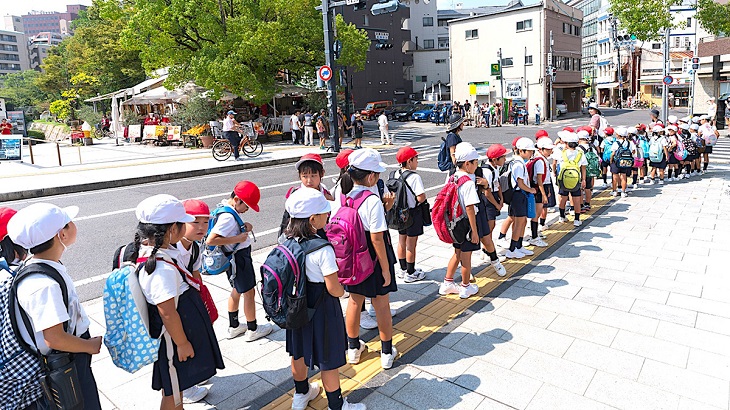
In order to instill good discipline in children, it is crucial for parents to lead by example and consistently reinforce positive behaviors. Cultivating discipline in children requires repetitive actions and consistent guidance. Moreover, employing a Japanese approach, parents should emphasize to their children that disciplinary actions are directed at their undesirable behaviors, rather than at them personally. Failing to effectively communicate and explain their mistakes to children when administering punishments can have detrimental effects on their psychological well-being.
In Japanese culture, when a child makes a mistake in a public setting, it is not common for parents to scold them in front of others. Instead, they will find a private location to address the issue and explain to the child what they did wrong. This approach helps the child understand their mistake, receive respect, and protects both the parents and the child’s dignity. As a result, the children learn to gradually develop order and discipline.

Teaching Your Child Essential Values of Respect and Fairness
In Japan, the cultural ethos emphasizes treating every child with respect and fairness, regardless of their socioeconomic background. In the education system, all students, regardless of their wealth, attend the same schools and receive equal treatment from their teachers. From an early age, children are taught the importance of communal living and are instilled with values that promote fairness, inclusivity, and respect for their peers and elders. Additionally, the practice of bowing deeply, of about 90 degrees, serves as a beautiful tradition that is taught to Japanese children from a tender age.
Japan is renowned for its unique culture and fashion trends, setting it apart from the rest of the world. A distinctive characteristic ingrained in Japanese society is the emphasis on respect for others’ preferences and privacy. This value is diligently instilled in children by their parents, who teach them to pay reverence even to professions traditionally deemed lowly, such as street cleaners, electricians, janitors, and more. This philosophy engrains the belief that all individuals deserve equal treatment and that no job is insignificant. Warm regards.
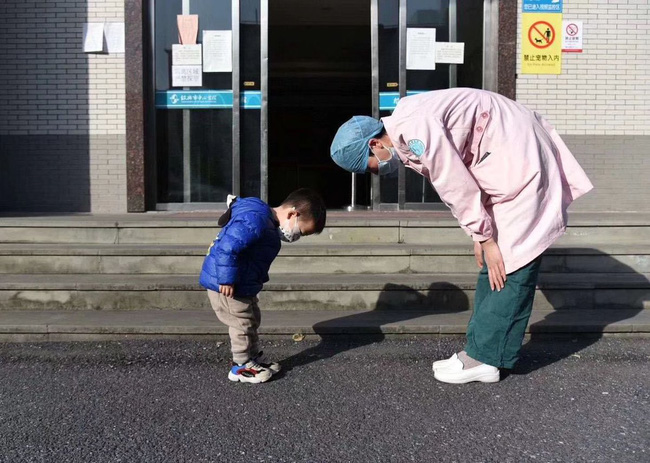
Setting a Parenting Example: Caring for the Parenting Environment
The Japanese culture sets a strong example for children to emulate, as parents believe that their own behavior and actions reflect upon their children. They strive to lead disciplined lives, grounded in respect and equality, as they were once raised with similar values. It is uncommon to witness Japanese parents teaching their children one thing, while contradicting those teachings through their own behavior.
Japanese parents prioritize the well-being and development of their children, both in their immediate surroundings and within the family. They strongly believe that a negative external environment, plagued by social evils, can hinder their child’s growth. Moreover, they recognize that the family atmosphere plays a crucial role in their child’s overall development.
In Japanese culture, the value of unity among family members is instilled in children from a young age. In times of conflict or disagreements within the family, peaceful resolutions are sought out, ensuring that children are kept protected from witnessing such situations.

Promote Group Activities for Kids to Participate In
Japanese parents not only prioritize instilling discipline and order in their children, but also place great emphasis on providing opportunities for their children to engage in group activities that promote physical exercise and fun with friends. One method that parents use is having their 2-year-old children engage in regular walks each day, breaking down the exercise distance into manageable increments of 10m or 20m.
In addition, parents in Japan prioritize taking their children to parks for collective activities, or rely on the schools to organize group activities. These activities play a vital role in promoting the children’s health and fitness, fostering friendships, and developing crucial soft skills. The Japanese society places great emphasis on ensuring their children’s holistic development, encompassing physical, intellectual, and social aspects.
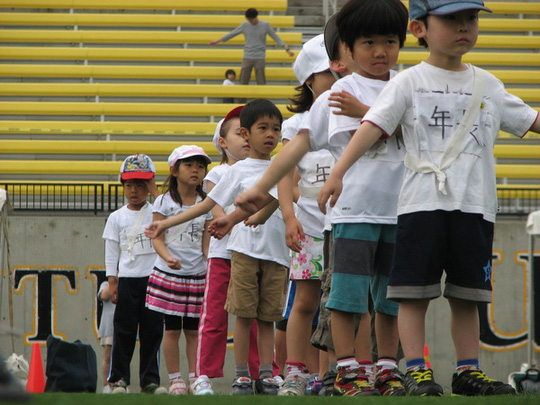
Encouraging Children to Unlock and Develop Their Abilities
In Japan, parents prioritize the education and growth of their children by encouraging them to engage in activities aligned with their interests. These opportunities often include participation in extracurricular sessions and school-organized camping trips, where children can develop important qualities such as confidence and courage from an early age. The enthusiasm displayed by children during these activities leaves a lasting impact and reinforces the value of such experiences.
Parents play a crucial role in the education and development of their children. They consistently prioritize their child’s schoolwork and encourage open communication. Additionally, parents take the initiative to engage their children in valuable experiences such as baking, participating in overnight festivals, community performances, and exhibitions. These opportunities provide children with the chance to develop essential life skills while expressing their individual abilities.
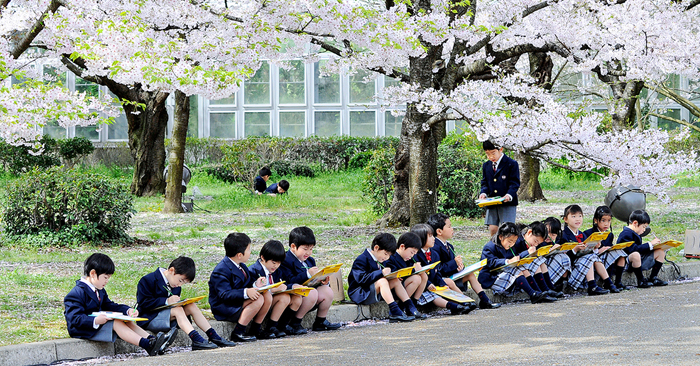
Teaching Children Self-Discipline at a Young Age
The cultivation of self-discipline in children from a young age holds great importance in Japanese culture. As early as 2-3 years old, parents teach their children essential skills such as scooping rice, using chopsticks, personal hygiene, and proper table etiquette.
In Japanese culture, children display a remarkable sense of responsibility and self-awareness. They do not rely on parental guidance or external reminders to fulfill their obligations. This distinctive trait showcases the exceptional parenting approach of Japanese parents.
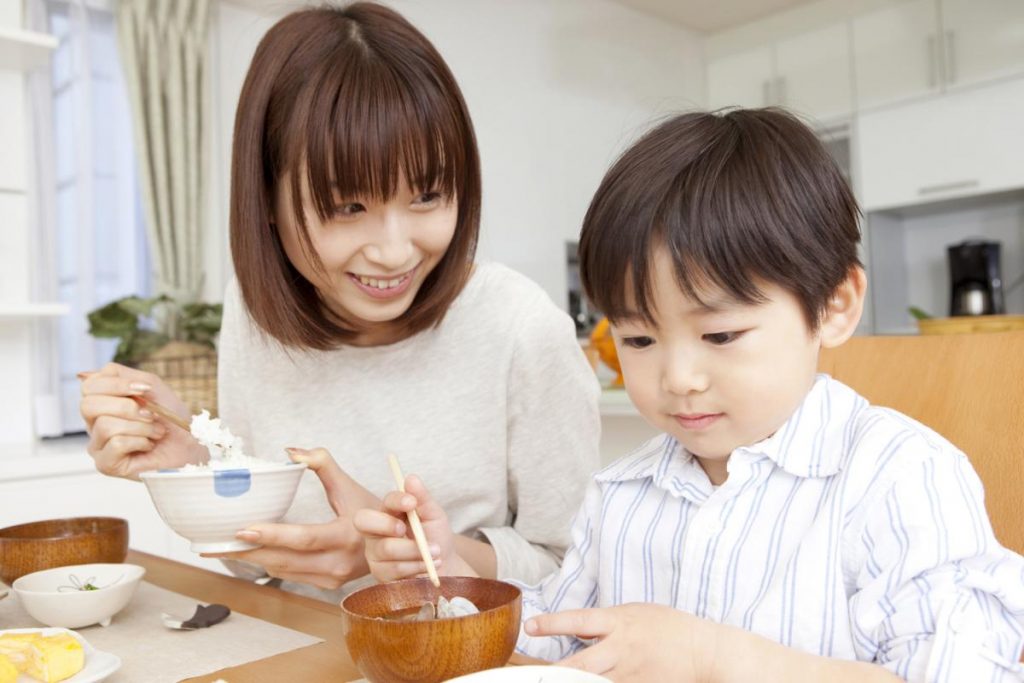
Encourage Learners: Avoid Criticizing Children’s Errors
In the same way that parents teach children discipline, it is important to focus on addressing the actions that have been done wrong, rather than punishing the child themselves. Criticizing a child’s mistakes is a prevalent issue in modern families. However, Japanese mothers approach mistakes with the understanding that everyone is prone to them, and that criticizing others does not lead to improvement. This mindset also applies to their own children, as they prioritize constructive guidance rather than criticism.
In Japan, parents do not resort to severe punishments such as whipping and cursing. Instead, they employ teachings to inform children that their actions are wrong and to encourage them not to repeat them in the future. It is crucial for parents to refrain from scolding their children when they make mistakes and instead teach them how to rectify them.

Teaching Your Child How to Research and Explore
Teaching children how to conduct research and exploration is an essential task in cultivating their critical thinking skills from a young age. When we actively engage in researching and studying various topics, we tend to retain information for a much longer duration. This can be likened to knowing an address and being driven there by someone else, as opposed to using a map and walking there while seeking directions – the latter approach enhances our ability to recall and remember the route.
As a child, the parents of this individual from Japan instilled in him the habit of using a dictionary for reference. Whether it was to ensure the correct usage of Chinese characters or to understand the meanings of words, he was encouraged to actively engage in searching for knowledge. This autonomous and exploratory approach to learning enabled children to effectively acquire knowledge and skills, all while keeping them interested and engaged.

Experts Advise to Have Patience with Children
Parents often find themselves becoming frustrated and short-tempered when their children refuse to obey or make mistakes they have previously taught them to avoid. Children frequently have many questions, some of which may seem innocent or repetitive. As a result, parents may lack the patience to answer their children’s inquiries. However, Japanese parents are unafraid of repeatedly explaining issues to their children.
According to the Japanese concept, children require ample time to fully master a skill, usually at least 3 months. For instance, after memorizing the word “aiueo,” it takes a minimum of 3 months for a child to read it fluently. As a result, parents in Japan consistently exhibit great willingness and patience in response to their children’s inquiries.

Discover the Magic of Fairy Tales: 10 Benefits of Focusing on this Genre
Many parents around the world choose to educate their children using fairy tales. In Japan, parents see these tales as a source of inspiration for their children’s limitless creativity in the future. Fairy tales often include mythical elements and present strange and utopian scenarios, making them a great tool for fostering imagination.
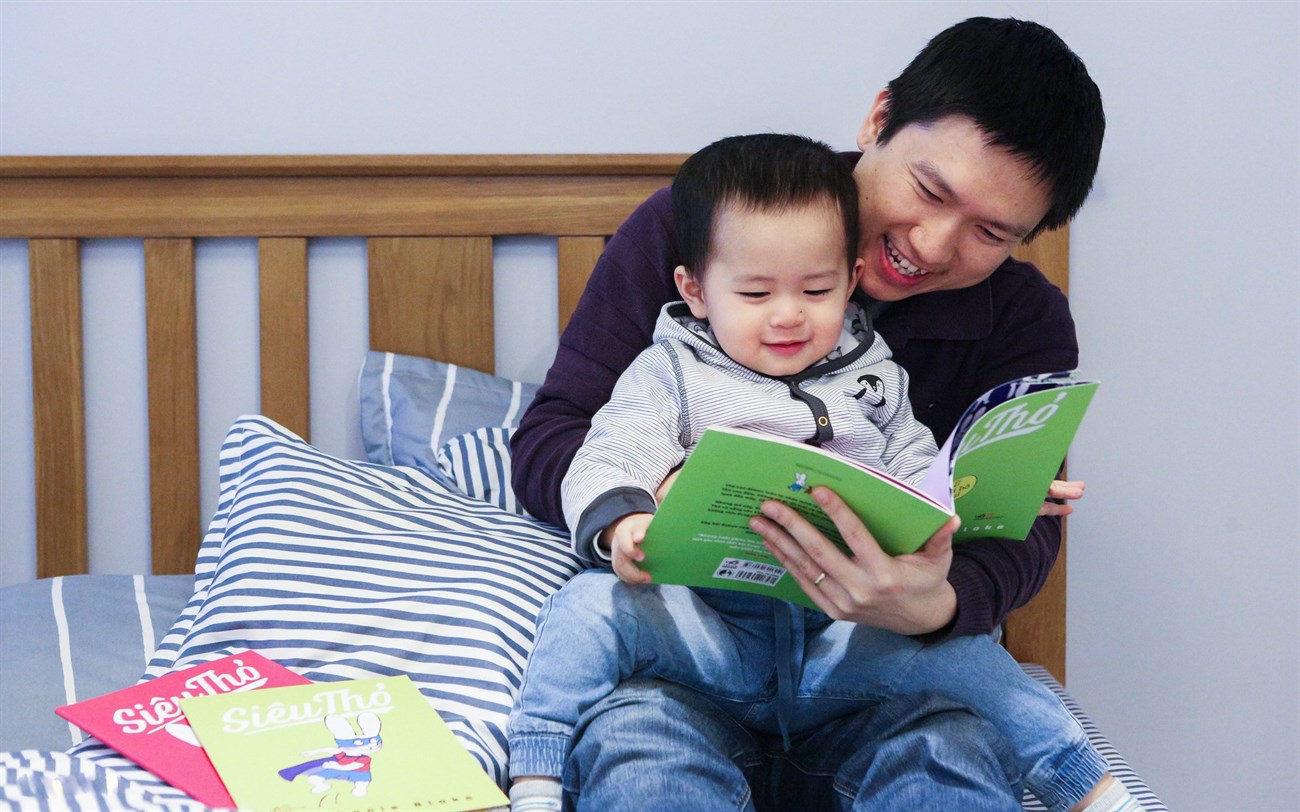
Do Not Force Labels or Imposition on Children and Adolescents
In Japanese parenting, there is a valuable teaching that emphasizes not imposing or attributing to children. It is believed that if we impose strict guidelines on children, it can lead to discomfort in their psyche, restrict their freedom, and even make their personalities more timid. This approach prioritizes allowing children to freely explore their interests and develop their unique personalities.
In Japanese culture, parents adopt a compassionate approach when addressing their children’s mistakes. Rather than resorting to negative language, parents opt for gentle communication to acknowledge their child’s wrongdoings and emphasize self-improvement for the future. It is widely recognized that utilizing abusive or harsh words can have a detrimental impact on a child’s psychological well-being, leading to potentially long-lasting effects.
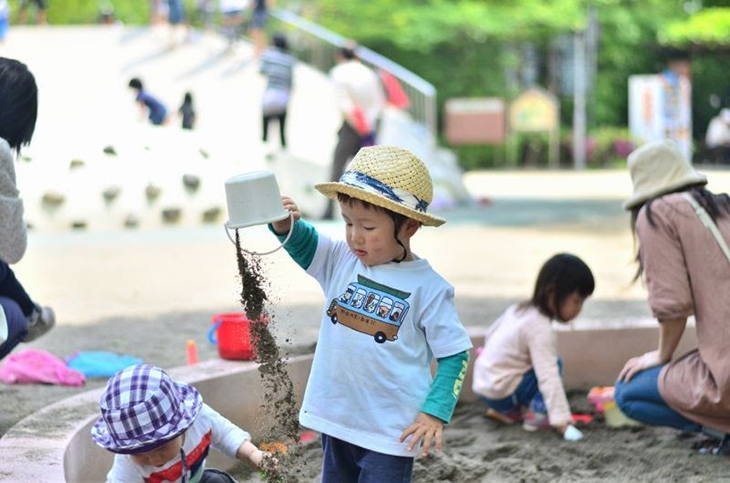
“How to Encourage Positive Behavior in Babies: Praise Specific Actions”
In Japanese culture, parents refrain from praising their children as being “too good” when they excel at something. This approach aims to prevent their child from becoming conceited and lacking effort in future endeavors. Instead, they focus on acknowledging and praising specific behaviors exhibited by their child. For instance, a parent might say, “My daughter did an excellent job at picking rice today” or “I am proud of how well she can independently dress herself”. This specific acknowledgement of actions helps foster a growth mindset and encourages continued effort and improvement.
Japanese parents believe that when children receive praise for a specific action, it motivates them to perform even better in the future. This positive reinforcement encourages children to continue to excel and parents to express their satisfaction. While Japanese parents readily praise their children, they are very precise and thoughtful in their approach.

Learn 12 effective Japanese teaching methods for children with this informative article. Parents can benefit from these techniques in their efforts to educate their kids. If you have any questions or need assistance, please feel free to leave a comment below.
“Creating Lasting Memories: 10 Tips for Strengthening the Father-Child Bond”
Are you looking for effective ways to create a strong and close relationship with your child? If so, this article is for you! Find out 10 creative ways to nurture the father-child bond and make the relationship between you and your child more meaningful. These simple tips can help you create a special bond with your child and build strong emotional ties.
12 Psychological Strategies for Achieving Family Happiness as a Man
It is no secret that keeping a family happy is no easy task. Fortunately, men can utilise a number of psychological tips to help maintain a sense of harmony and joy in their household. In today’s society, the role of men in ensuring a loving and nurturing atmosphere is invaluable. Here are 12 psychological tips for men to help bring harmony and joy into their households.





































